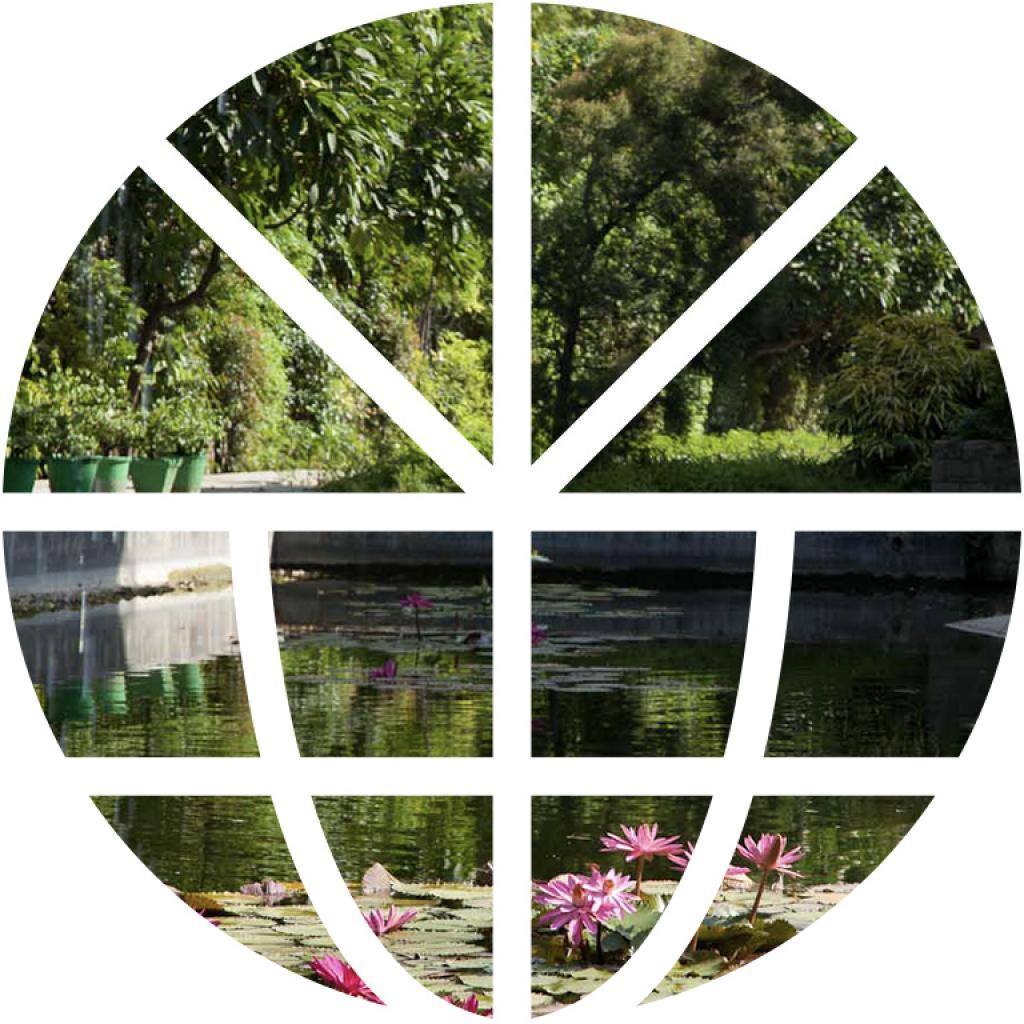When Hari Got Married (75 min; 2012; dvd; English and with subtitles)
Directors: Ritu Sarin and Tenzing Sonam who will introduce the film
Screening will be followed by a discussion
Hari, a taxi driver in the Indian Himalaya, is getting married to Suman, a girl he has never met. Tradition dictates that they will only see each other on the day of their wedding. But Hari has found another way to get to know her: on the mobile phone. Over the past few months they have spoken to each other every day and have fallen in love. Hari's unusual courtship and marriage provide a warm and illuminating insight into the changes taking place in India as modernization and globalization collide with age-old traditions and customs

